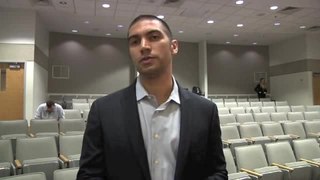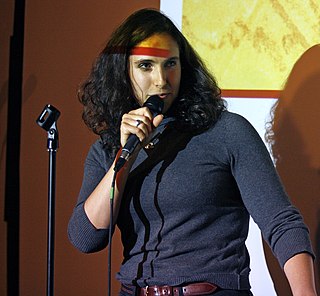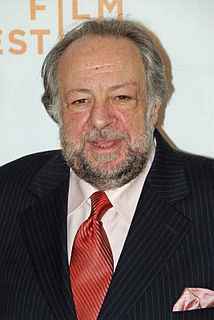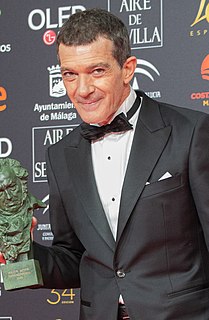A Quote by Adrian Matejka
I learned a new language for it all in the 90s. Which in some ways isn't bad... I mean getting people to think about what language actually means before they use it is a good thing. But it's become very clear the past nine years that some Americans truly resent thinking before they speak.
Related Quotes
I have a funny relationship to language. When I came to California when I was three I spoke Urdu fluently and I didn't speak a word of English. Within a few months I lost all my Urdu and spoke only English and then I learned Urdu all over again when I was nine. Urdu is my first language but it's not as good as my English and it's sort of become my third language. English is my best language but was the second language I learned.
I don't particularly care about having [my characters] talk realistically, that doesn't mean very much to me. Actually, a lot of people speak more articulately than some critics think, but before the 20th century it really didn't occur to many writers that their language had to be the language of everyday speech. When Wordsworth first considered that in poetry, it was considered very much of a shocker. And although I'm delighted to have things in ordinary speech, it's not what I'm trying to perform myself at all: I want my characters to get their ideas across, and I want them to be articulate.
I feel like it's not so much a tradition as a system that has been codified over the centuries starting in the Renaissance that applies to any painted surface. So if you're engaging in paintings, this is the language that one has to learn and is obliged to speak. I was very fortunate that I learned this language when I was a kid before I went to California, where I learned the language of attitude. Somehow the two things began to coexist.
But once we realize that people have very different kinds of minds, different kinds of strengths -- some people are good in thinking spatially, some in thinking language, others are very logical, other people need to be hands on and explore actively and try things out -- then education, which treats everybody the same way, is actually the most unfair education.
To develop your own voice, you have to keep writing a ton, and this is something where I think Twitter is helpful. I use it to write a ton of jokes. You have to write a ton of bad stuff before you know what you're good at. And that's what some people I think have trouble with, the thought of getting past the bad stuff.
It's been a very strong force for me over the years. I don't know exactly why. For some people, fear can be a very useful thing. They can use it to recognise there's something missing, and heal themselves. But fear can also destroy some people. I think I'm the first type of person. I'm pretty anxious, always thinking 'what if?' about the bad stuff.
I think it's good for anybody to learn languages. Americans are particularly limited in that way. Europeans less so... We're beginning to have Spanish move in on English in the states because of all the people coming from Hispanic countries... and we're beginning to learn some Spanish. And I think that's a good thing... Only having one language is very limiting... You get to think that's the way the human race is made; there's only one language worth speaking... Well, this isn't good for English.
No, obviously, the time goes by, the English gets better. Ever since I met Melanie, that was almost nine years ago now, you have to just speak the language continuously, hone every word. So, and the proof for me of that, was actually in theater. It has to be two hours and 45 minutes on the stage speaking a language that is not your language, and singing.
Some feminist critics debate whether we take our meaning and sense of self from language and in that process become phallocentric ourselves, or if there is a use of language that is, or can be, feminine. Some, like myself, think that language is itself neither male nor female; it is creatively expansive enough to be of use to those who have the wit and art to wrest from it their own significance. Even the dread patriarchs have not found a way to 'own' language any more than they have found a way to 'own' earth (though many seem to believe that both are possible).
The language that we use now impacts on the ability to vote, it impacts on the marketplace; instead of making things clear, it makes it more confusing. I think we need to stop using neutral language and speak in straighter terms. So when you agree to something, you actually get what you agreed to in the first place.







































